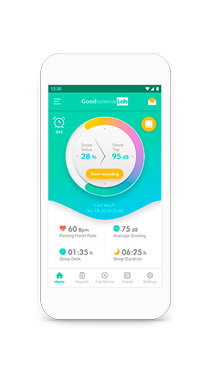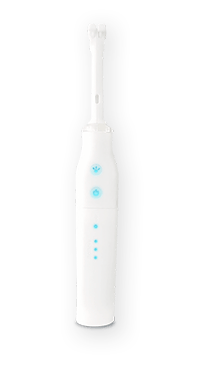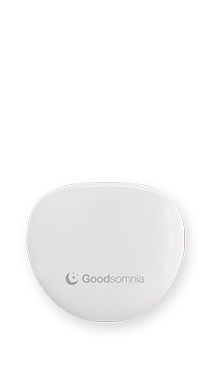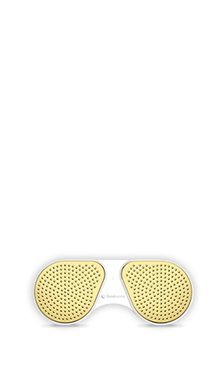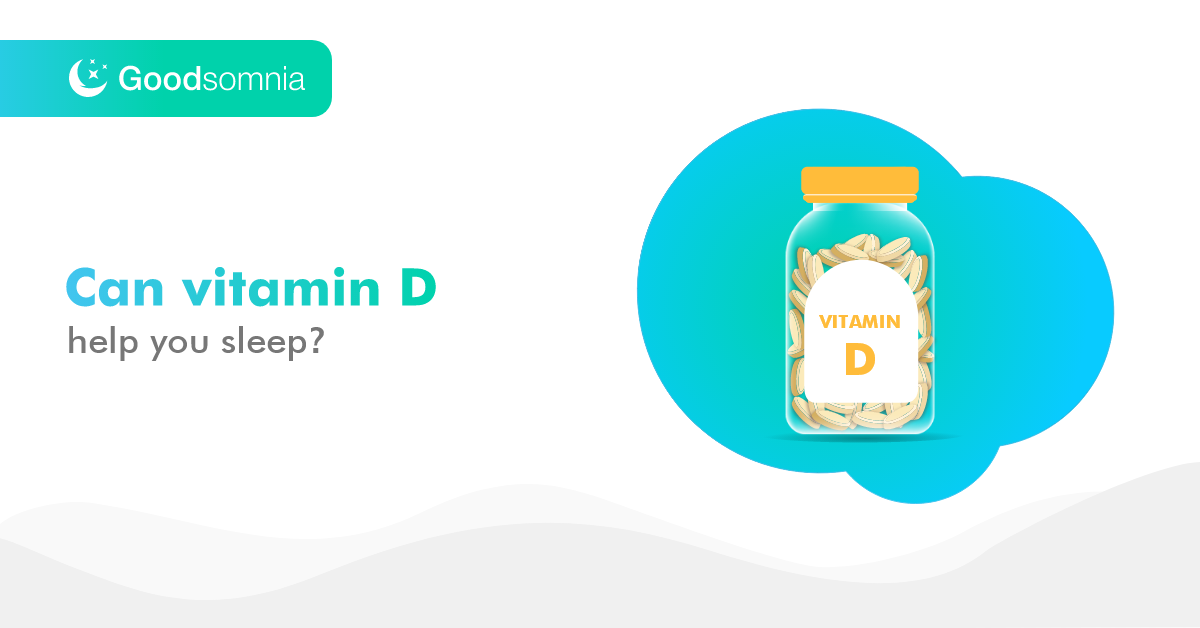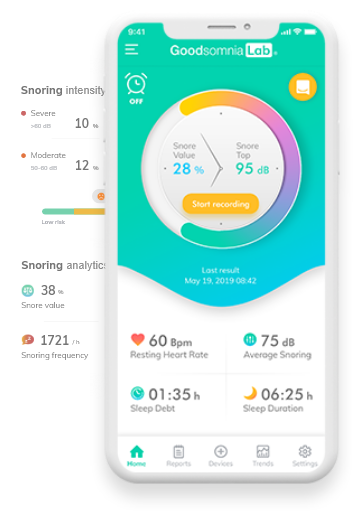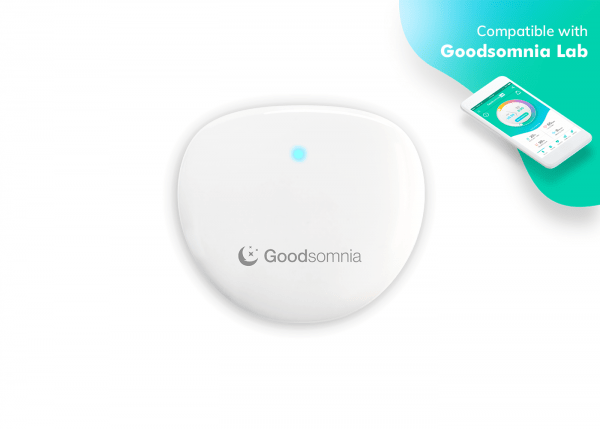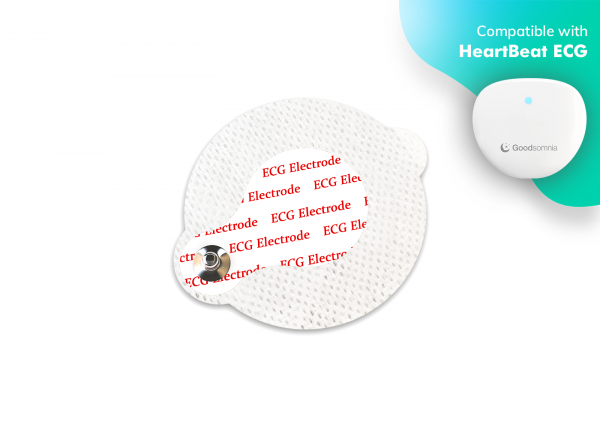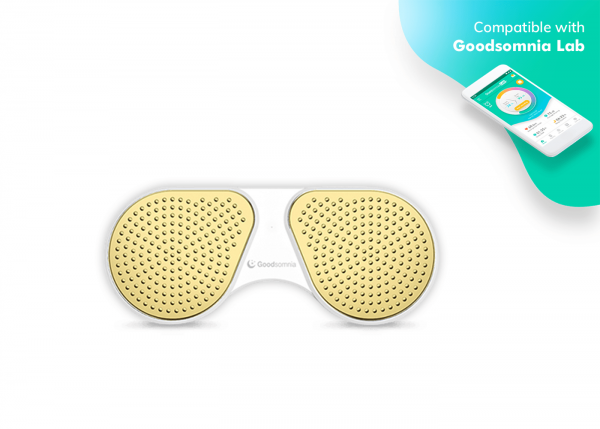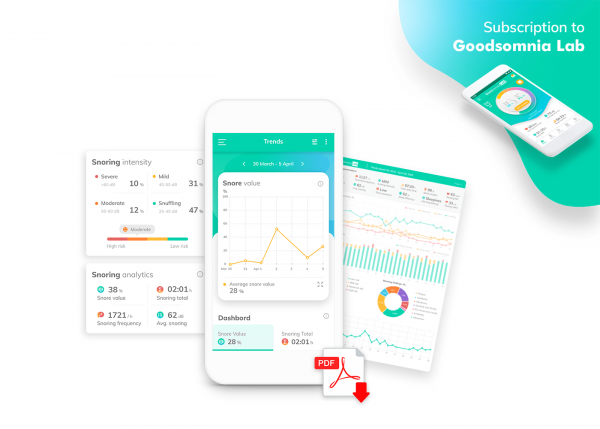Vitamin D, renowned as the “sunshine vitamin” as our bodies produce it in response to sun exposure, can also be gained by eating food types like fatty fish, egg yolks, orange juice, soy milk, and cheese, or by taking supplements.
Vitamin D is critical to mental and physical functions. While every system in the body uses this, we must maintain optimal vitamin D for sleep and calcium regulation to contribute to bone health and prevent disease.
Sleep and vitamin D connection
Many have a deficient level of vitamin D that can lead to health complications. Low vitamin D and sleep disturbance are entwined. Specialists associate this to higher risks of depression, weight gain, diabetes, breast cancer, colon cancer, prostate cancer and heart disease.
Does vitamin D affect sleep? Recent researches suggest the amount and quality of sleep we get are hardly within the recommended scale if we have low levels of vitamin D. So, we sleep less, and experience decreased sleep efficiency and daytime sleepiness. Vitamin D for sleeping is an essential component to help us avoid insomnia and other sleep disorders.
Does vitamin D help you sleep?
It seems vitamin D helps you sleep because it takes part in the regulation of our circadian rhythms. Increasing dosages could be the first step to improving sleep, but pay attention to its effects. Vitamin D may suppress melatonin production. So take it in the day, not before bed. That’s logical as we obtain sunlight (natural vitamin D source) during the day. You can also increase vitamin D by changing diet habits or short-term sunbathing.
How can vitamin D help you sleep? The best way to receive vitamin D and sleeping relaxation is from natural sources. There are effective ways to obtain vitamin D and sleep benefits for sleep-deprived people:
- Sunlight. This is the best source of Vitamin D. It produces when our skin is exposed to the sun’s UVB rays. Around 10-15 minutes under sunlight may be enough for lighter skin, and more for darker skin.
- Foods. Products that include vitamin D include:
- fish and seafood such as salmon, tuna, shrimp, sardines;
- cod liver oil;
- egg yolks;
- leafy greens and cruciferous vegetables;
- dairy produce as yoghurt and cheese;
- citrus juices.
- Supplements. Sometimes diet isn’t enough. Supplements are another option to maintain optimal vitamin D levels, but it’s highly recommended to try the above advice first before looking at supplements.
So now you know that naturally sourced Vitamin D plays an essential part in body functionality and healthy sleep. A deficiency can contribute to everything from osteoarthritis to depression.
If they don’t work, consult your doctor and question them about the connection between a lack of sleep and depleted vitamin D levels. Following a blood test, a dosage and timing will be worked into a plan based on your age and health condition that will help rebalance your body’s vitamin D and, hopefully, improve your sleep quality.

